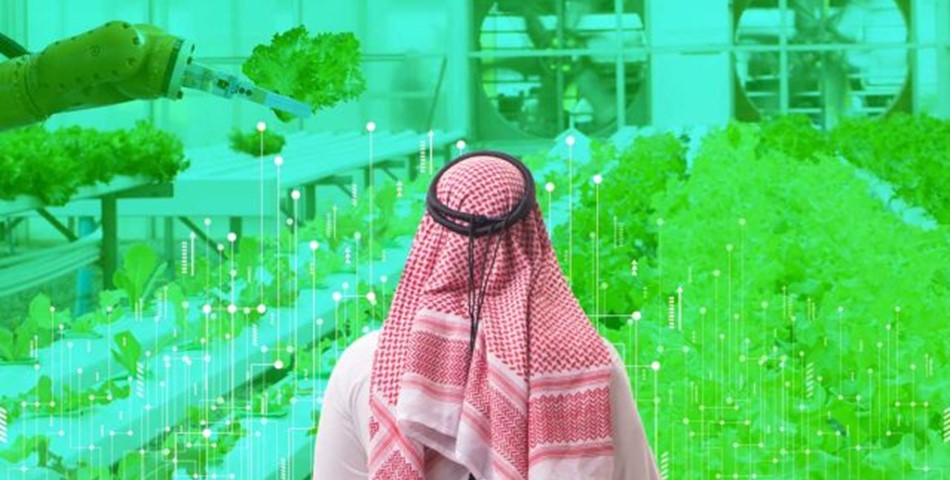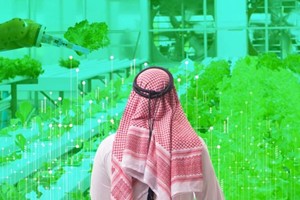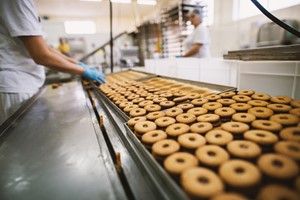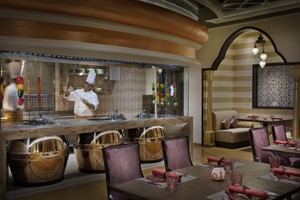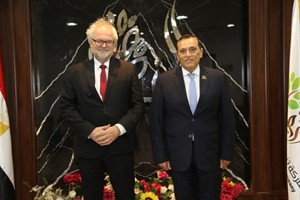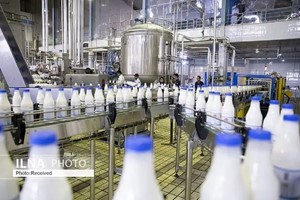The smart farm will add hyperlocal fresh produce to the kingdom’s markets.
The Kingdom of Saudi Arabia, the Arab world’s largest economy that depends on imports to meet about 70% of its food security needs, has announced its first smart farm project. The joint venture between Saudi supermarket chain Tamimi Markets, Japan-based Mitsui & Co., and Italian agricultural technology provider Zero SRL aims to develop vertical smart farms in the Al Kharj area of the kingdom.
Given its geographical terrain, the kingdom has vast potential in using controlled environments in agriculture technologies and harnessing innovations. The smart farms will introduce fresh produce to the markets with far less water than traditional farming techniques.
“Bringing hyperlocal freshness to our stores saves on logistics, accelerates speed to shelf, reduces carbon footprints, and helps differentiate us with superior quality products for our customers. Sustainability is good for business and the kingdom,” Bobby Rajendran, General Manager at Tamimi Markets, told Arab News.
The demand for food due to increasing populations will require a significant boost in agricultural production in the future. The Middle Eastern agritech has received support from government initiatives in recent years to boost smart farming opportunities. These include Saudi Arabia’s Vision 2030, which places a huge emphasis on sustainable agriculture; Bahrain’s Food Sustainability Initiative; and the UAE’s newly established Agricultural Development Team and accelerator program.
Meanwhile, the UAE, which imports 85% of its food, has made strategic interventions in innovative smart farming. Indoor vertical farm Badia Farms and agritech enterprise Pure Harvest are working toward making the nation’s produce more resilient. As part of the UAE Food Security Strategy 2051, the country aims to expand average farm income and agricultural workforce by 10% and 5%, respectively, besides reducing the water consumed by irrigation




